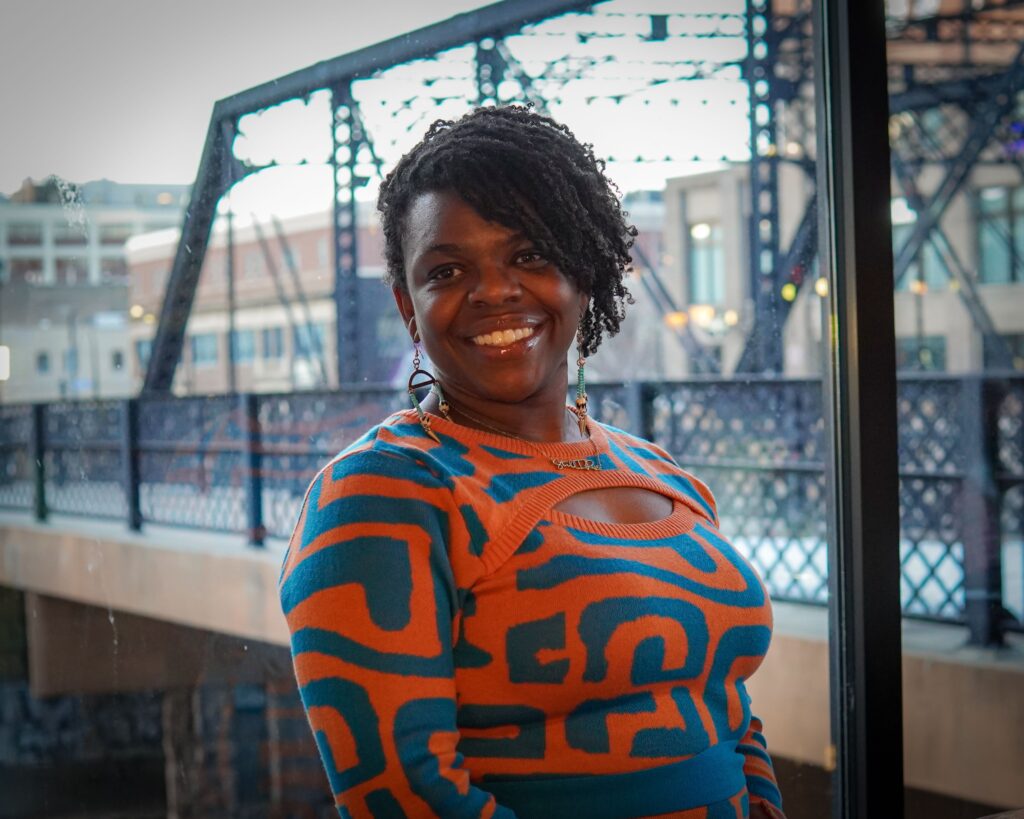 There is a diversity of experiences in higher education.
There is a diversity of experiences in higher education.
Ebony Aya, program manager and teaching faculty at Macalester College, explores why some are more disadvantaged than others.
Ebony Aya is a recent PhD graduate of the University of Minnesota in Curriculum and Instruction, with minors in Culture and Teaching and African American and African Studies. In her work she focuses on the experiences of Black women in higher education. She is also a program manager for the Jan Serie Center at Macalester College and professor in Women, Gender, and Sexuality Studies where she teaches on Black feminism. Additionally, Ebony is the founder of the Aya Collective and recently launched the Aya Collective’s first anthology, Let the Black Women Say Ase’ (2022), in addition to authoring the Gospel According to a Black Woman (2020) and Incomplete Stories: On Loss, Love, and Hope (2023).
The Experiences of Black Women in Higher Education
Black women PhD students are struggling. A recent research study that I conducted for my dissertation substantiates this claim. Bringing together nine students in a process of writing about our collective experiences, I came to see that Black women PhD students encountered emotionally abusive behaviors, felt routinely isolated, and were also overworked and undercompensated.
Black women PhD students participants experienced abusive behaviors in the form of manipulation and epistemic violence, or when their ways of knowing were challenged and silenced.
By and large, participants did not feel belonging because they were routinely isolated and left out of opportunities to receive mentorship or be recommended for funding opportunities.
Overwhelmingly participants felt overworked and undercompensated and discussed the ways that they felt deceived into taking on more work.
Overall, these experiences impacted Black women PhD student participants mental health, with increased feelings of stress, depression, and suicidal ideation. Others felt physically sick on campus. Unfortunately, the experiences of research participants mirror other research that talks about the ways not only Black women PhD students are marginalized on campus, but Black women faculty and administrators as well.
The concentrated and intentional attacks on Black women’s scholarship, leadership, and initiatives are ultimately leading to burn-out and mental health challenges.
However, participants mentioned that supportive communities of care, on and off campus, as well as space to nurture their full spiritual and cultural selves are ways to address these glaring disparities.
Read More:

